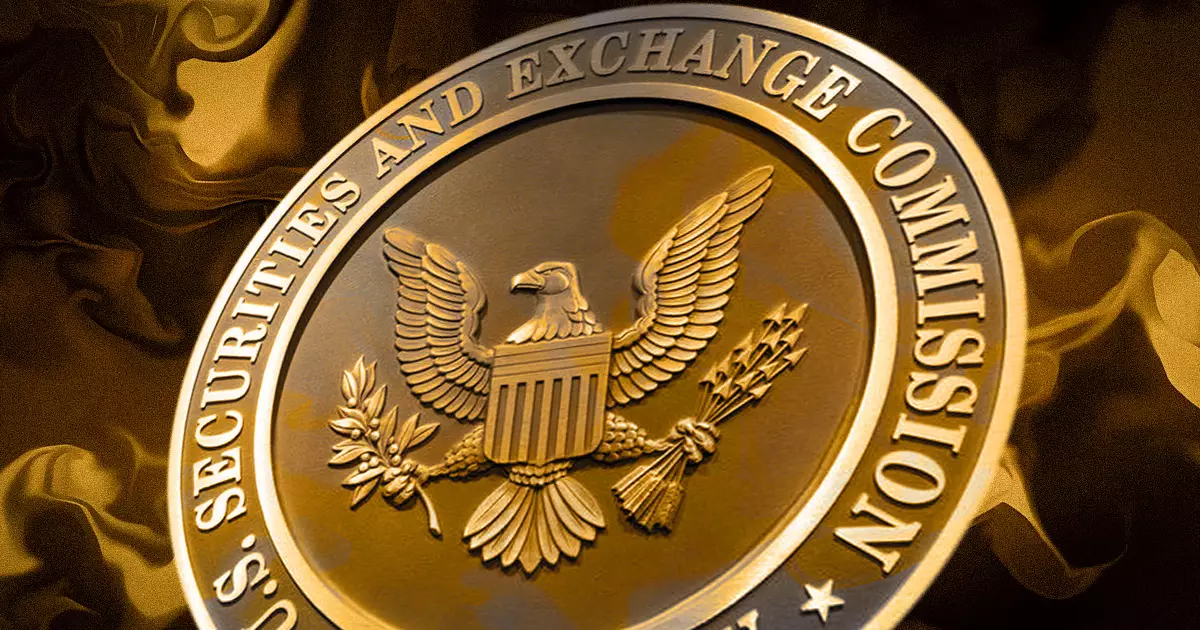Senator Cynthia Lummis recently filed an amicus brief in support of Coinbase’s motion to dismiss the U.S. Securities and Exchange Commission (SEC) lawsuit. In this brief, Lummis emphasizes the need for Congress, rather than the SEC, to develop balanced regulations for cryptocurrencies. This article critically analyzes Lummis’ arguments and the role of Congress in crypto regulation.
Lummis contends that the SEC does not have the power to regulate cryptocurrencies, as this responsibility lies with Congress. She argues that the Constitution grants Congress, not the SEC, the authority to legislate in areas of significant economic and political importance. By seeking to regulate cryptocurrencies, the SEC is overstepping its boundaries and attempting to commandeer legislative authority.
The brief highlights the SEC’s attempt to classify most cryptocurrencies as securities through a “novel interpretation” of the definition. Lummis argues that Congress has not entrusted the SEC with the ability to redefine securities, and the SEC’s actions exceed its authority. She asserts that this expansion of the definition of securities is merely a power grab by the SEC, disregarding the lawmaking process.
The Separation of Powers
Lummis invokes the separation of powers principle, stating that only Congress can make laws on major national and economic matters. Congress should determine which assets fall within the purview of the SEC, setting the framework for regulating crypto assets. While Lummis acknowledges that Congress may grant the SEC regulatory authority over cryptocurrencies, she emphasizes that this decision should not be usurped by the SEC itself.
Lummis highlights the ongoing debates in Congress regarding crypto regulation, citing the Lummis-Gillibrand Responsible Financial Innovation Act as an example. She argues that the SEC’s claim of authority over the crypto sector is inconsistent with the active legislative efforts in Congress, which recommend other agencies for regulation. Lummis asserts that the SEC’s interpretation of its own authority is out of step with the majority of pending bills.
The SEC’s lawsuit against Coinbase serves as an apparent attempt by the SEC to gain influence over issues already being addressed by Congress. Lummis suggests that the SEC’s actions are unnecessary and redundant, given the ongoing legislative efforts. By dismissing the SEC’s case, the court would acknowledge the need for Congress to establish a regulatory framework for cryptocurrencies without interference from the SEC.
The Way Forward: Congressional Decision-Making
Lummis firmly asserts that Congress, not the SEC, should have the fundamental task of determining the regulatory authority over crypto assets. While the SEC may play a role in regulation, this should be a decision made by Congress. By allowing the SEC to assume this authority, the separation of powers principle is compromised, and the lawmaking process is encroached upon.
Senator Cynthia Lummis’ amicus brief highlights the need for Congress to take the lead in crypto regulation, rather than allowing the SEC to expand its authority. Her arguments emphasize the importance of the separation of powers and the role of Congress in determining regulatory frameworks. By critically analyzing Lummis’ perspective, it becomes clear that the SEC’s attempt to regulate cryptocurrencies goes beyond its assigned jurisdiction and interferes with the lawmaking process. It is imperative that Congress assert its authority and develop appropriate regulations for the crypto market.


Leave a Reply